Following the outbreak of a tanker crisis between the UK and Iran, the U.S. has decided to take on the role of the main mediator in the conflict and has made an attempt to knock together an international coalition for guarding the Hormuz Strait.
CONTEXT
Tensions in the Hormuz Strait are running practically unabated already for two months. The tense situation deteriorated sharply after the seizure of the Grace 1 supertanker by British marines in the waters off Gibraltar on July 4. UK officials claimed it was carrying Iranian oil to Syria – an activity standing at variance with the sanctions imposed by the EU.
The detention of the Iranian tanker contradicted the 2012 EU Council regulation on sanctions against the Bashar Assad government. Paragraph 35 of the document says the sanctions apply to legal entities located in any of the EU member states, as well as to the aircraft and ships staying under the jurisdiction of member-states.
Somewhat later, on July 19, the Islamic Revolutionary Guard Corps detained the UK-flagged Stena Impero tanker in the Hormuz Strait. The ship was convoyed to the port of Bandar Abbas in Iran’s Hormozgan Province, the 23-strong crew aboard. The Iranian authorities said the tanker had violated international navigation rules, as it had practically collided with fishery ships.
Iran and the UK have issued reciprocal claims against each other. Tehran has called for giving the Grace 1 an opportunity to leave Gibraltar while London demands that commercial vessels be guaranteed free passage on legal grounds and an opportunity to engage in trade safely anyplace in the world.
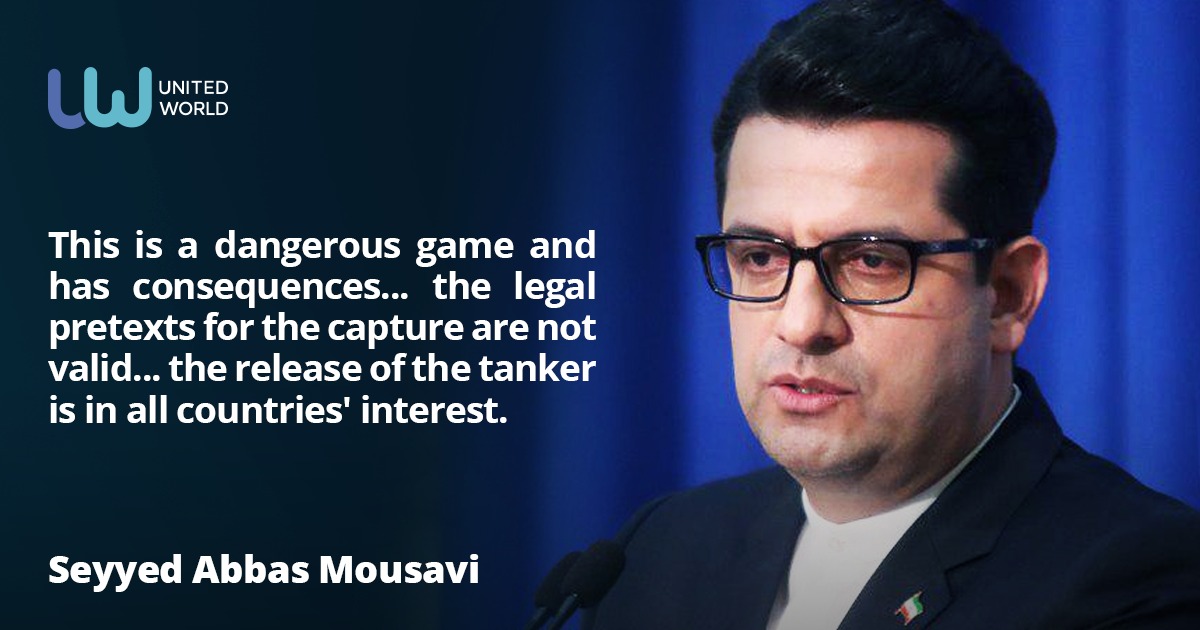
On the British side, Foreign Secretary Jeremy Hunt said: “There cannot be compromise on freedom of navigation in the Strait of Hormuz and Britain can work with the United States on its approach to the issue despite their differing views on the 2015 Iran nuclear deal.”
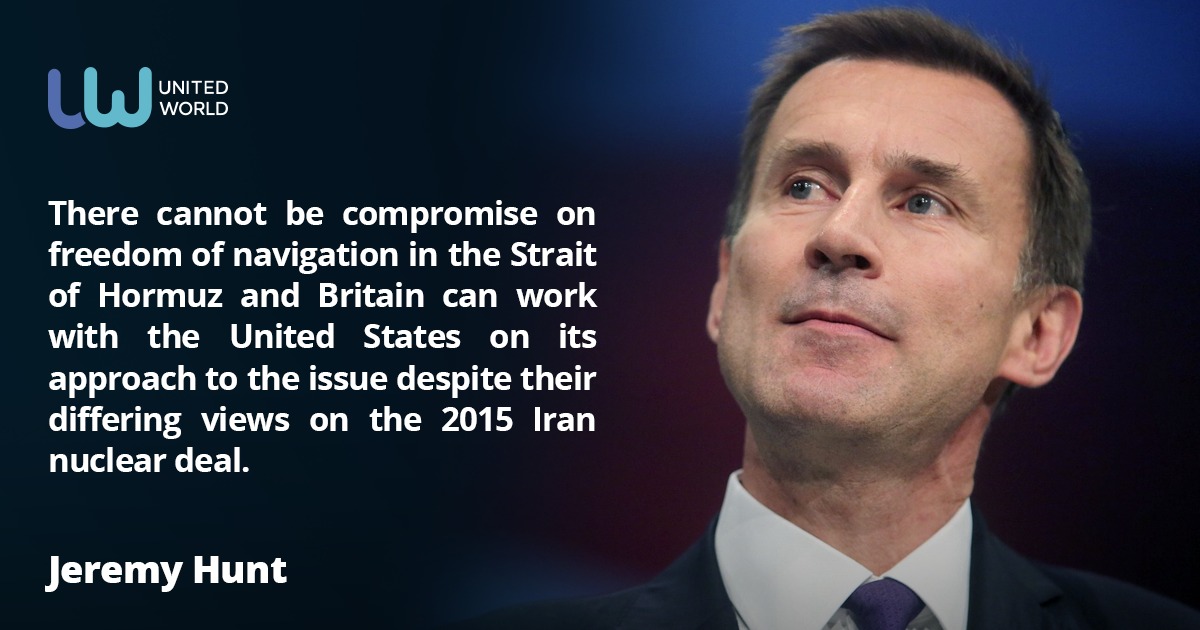
AN AMERICAN SOLUTION FOR THE TANKER CRISIS
In spite of London’s attempts to hold talks with Iran and to tap a diplomatic solution to the crisis, the U.S. is seeking a different method of resolving the problem. Secretary of State Mike Pompeo said Washington was arranging a coalition to patrol the Hormuz Strait.
“We are building out a coalition that will patrol the Strait of Hormuz to keep those shipping lanes, those sea lanes, open,” he said as quoted by WFTV.
Pompeo also said the U.S. had invited a number of European and some Asian countries to join the coalition for maintaining security in the Hormuz Strait. He said Washington had turned to the British, French, Germans, Norwegians, Japanese, South Koreans, and Australians, adding that he might have omitted several more countries.
The U.S. plan suggests that the coalition should join Operation Sentinel, a brainchild of the U.S. Central Command that the Pentagon describes as an effort “to promote maritime stability, ensure safe passage, and de-escalate tensions in international waters throughout the Persian Gulf, the Strait of Hormuz, the Bab el-Mandeb strait and the Gulf of Oman.”
Pompeo hopes countries from different parts of the world with contribute to the buildup of the coalition for ensuring unrestricted navigation in the Hormuz Strait area.
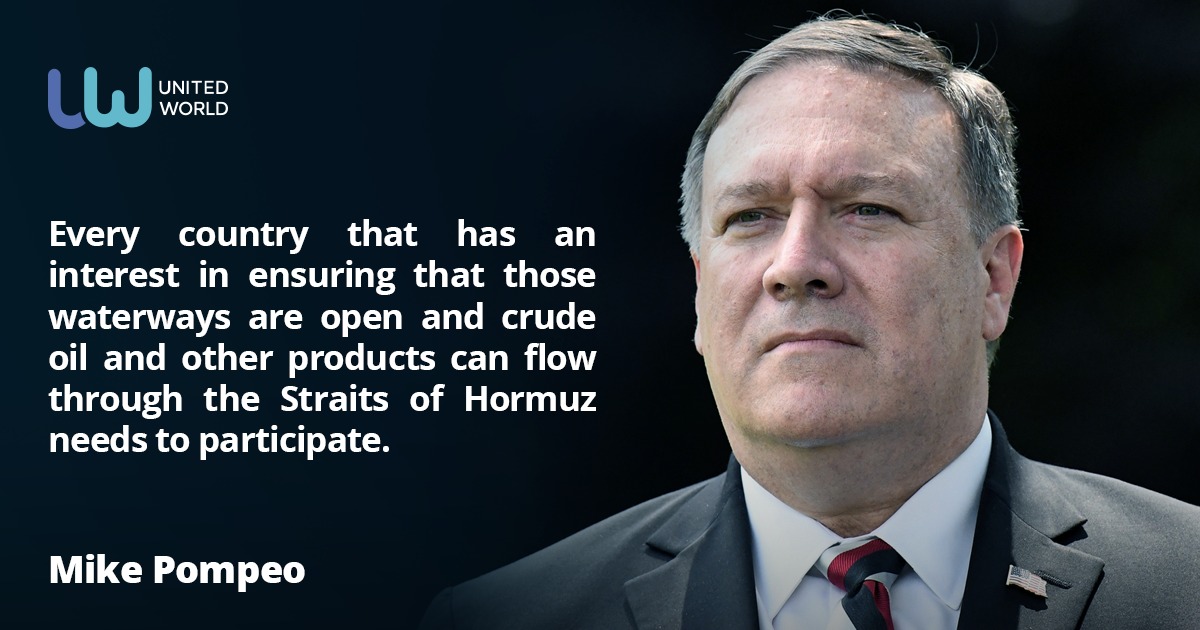
GLOBAL REACTION AND FORECAST
The U.S. expected the leading Asian nations, whose tankers loaded with oil pass through the Hormuz Strait, to render active support to its striving to put together a military bloc for struggle with Iran but the aspirations flopped.
Trump’s national security advisor John Bolton, who visited Japan, failed to persuade the officials in Tokyo to join Operation Sentinel.
Although Japan is one of the countries drawing considerable benefits from the freedom of navigation in the Persian Gulf and the Hormuz Strait, it prefers nonetheless to refrain from taking sides in conflicts and it would like to keep up the role of a mediator between the U.S. and Iran. The Japanese do not see any sense in taking an anti-Iranian stance and letting their ships sail under U.S. patronage.
Japan’s Defense Minister Takeshi Iwaya said: “Japan has no plans to dispatch the Self-Defense Forces to the Middle East to join a US-proposed coalition designed to ensure safety of navigation in the Strait of Hormuz.”
China, Asia’s leader, will not take part in Operation Sentinel either. Energy security for it is definitely linked in many ways to a free passage of tankers with imported oil through the Hormuz Strait. But one should recall the strategy of containment in the framework of a trade war that the U.S. is unfolding against China. Since Beijing imports energy resources via the Hormuz Strait, it is very unlikely that the Americans will wish to convoy the tankers serving China’s interests.
Some countries have already assessed the degree of rationality of a U.S.-led coalition in the Hormuz Strait.
The UK, a nation involved in the conflict in that area most immediately, does not view the American idea as a panacea for untangling the problem, since the Iranians may qualify it as a tentative encroachment on the terms of the nuclear deal. Jeremy Hunt, in part, made public a plan for setting up a pan-European naval mission for patrolling the Hormuz Strait into order to protect international commercial shipping against illegitimate actions. The future effort will envision observation and escorting of commercial vessels by naval ships and warplanes.
Hunt’s proposal rallied support at a conference of European diplomats in Brussels. The UK dished up its plan in a way suggesting it would not be related directly to the EU, NATO or the U.S. In addition, Jean-Yves Le Drian, the French Foreign Minister, said France, Britain and Germany were designing a “European initiative” to ensure maritime security in the Persian Gulf.
Hunt is not considering the plan proposed by the U.S., as the Iranians will most obviously view it as a step aimed at an escalation of tensions in the wake of Washington’s opposition to the nuclear deal.
That is why one can predict already now that London will act with enough restraint and will not go as far as direct military confrontation with Iran in the framework of a coalition under U.S. guidance. In most probability, Hunt’s initiative will elicit a response from Denmark and Italy but their contribution will not be significant.
In the meantime, Iran offered an adverse reaction to both Pompeo’s initiative for a military coalition and Hunt’s proposal.
Eshaq Jahangiri, the Vice President of the Islamic Republic said any international coalition to protect the Gulf would bring only insecurity. “There is no need to form a coalition because these kinds of coalitions and the presence of foreigners in the region by itself creates insecurity,” he said. “And other than increasing insecurity it will not achieve anything else.”
Iranian Foreign Ministry suggested that the countries outside the Persian Gulf area should not engage in any efforts to protect the Hormuz Strait.
While the British initiative for patrolling the ships passing through the Hormuz Strait has grounds, Pompeo’s idea of a U.S.-led military coalition is totally irrational. No incidents where Iran would detain American tankers without fair reasons have been registered to date. It is clear as daylight that the Pompeo initiative manifests an attempt to bypass international law norms for the sake of U.S. interests or, in other words, to put maximum pressure on Iran. The second underlying reason is the desire to make economy of America’s own resources and to shift the financial burden of the operation to other countries as part of maximizing the impact on Iran.
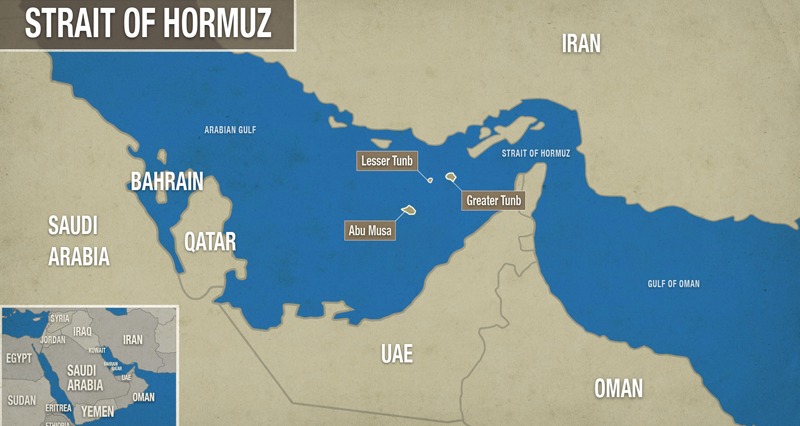
The only countries that would most probably render support to Operation Sentinel are Saudi Arabia, Kuwait and the UAE. Qatar that has a close relationship with Iran will obviously stay away from the military effort, while Oman prefers neutrality, as it maintains the high international profile of “Switzerland of the Middle East.” As for South Korea and Australia, engagement in the operations of this kind and in the coalition as such is overly expensive for them, with the costs and results highly likely to be incomparable.
That is why the prospects for a military coalition in the Hormuz Strait under the U.S. auspices to counteract Iran do not look either clear or revolutionizing at this moment. The experience of Syria and Afghanistan shows the U.S.-led coalitions do not bring efficacious results and do not remove the root-causes of problems and conflicts.







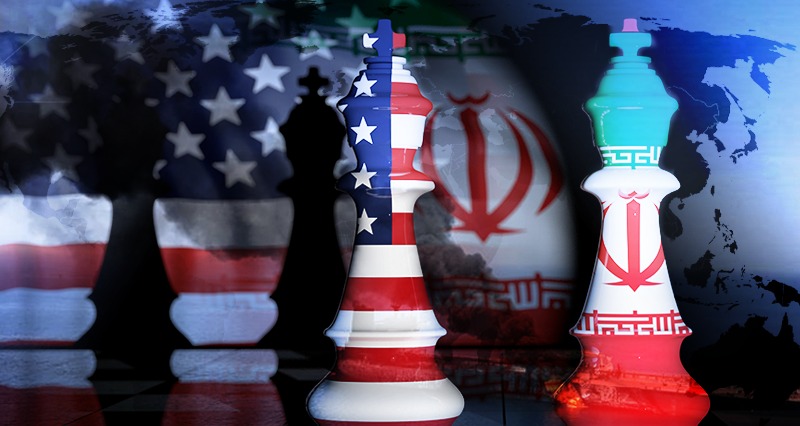
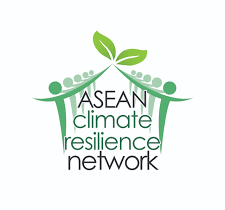


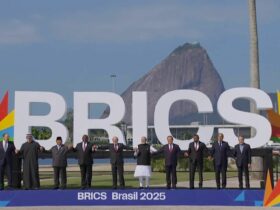


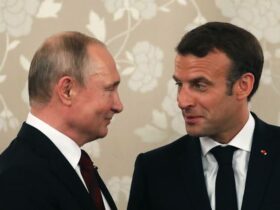


Leave a Reply